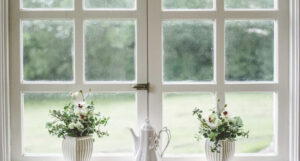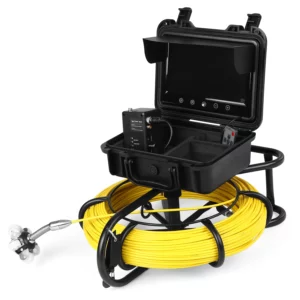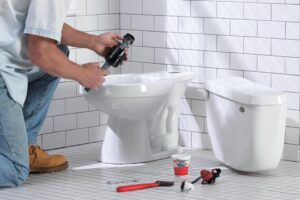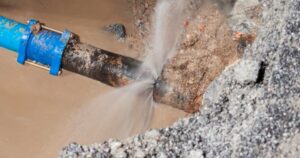What is the Lifespan of Windows?
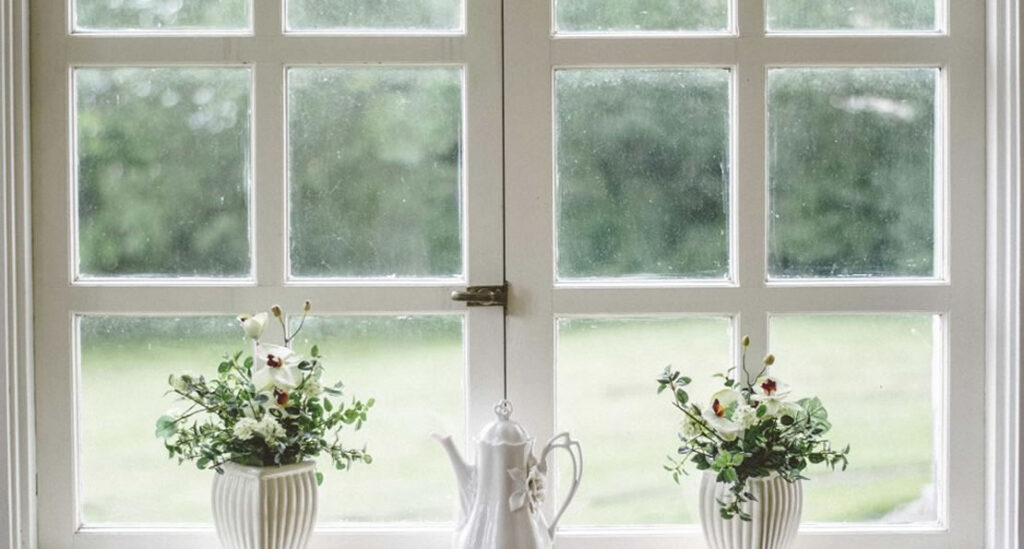
An unexpected baseball through the window certainly calls for immediate replacement, but under normal circumstances, how long can you expect your new windows to last? Factors like local climate conditions, everyday wear and tear, and regular maintenance play a significant role in determining the longevity of your windows. Both new and seasoned homeowners in areas like Stouffville need to understand these aspects to effectively manage home maintenance costs and responsibilities, especially when considering replacement windows Stouffville. Window experts offer comprehensive insights into the expected lifespan of windows and provide guidance on recognizing when it might be time to consider replacing them with options like replacement windows Stouffville. This knowledge is crucial in planning for the future maintenance and upgrades of your home.
Understanding the Durability and Replacement Needs of Different Window Types
The longevity of windows varies with several factors at play. On average, window glass typically lasts around 20 years, while a window frame’s lifespan can extend up to 50 years, depending on the material, maintenance, and local climate conditions. These figures are general estimates; your windows might last longer or need replacement sooner based on various circumstances like extreme weather or accidental damage. It’s common to replace parts of a window during its lifetime, which may be covered by your warranty. Speaking of warranties, choosing a window with a warranty shorter than 10 years might indicate it’s from a less reputable manufacturer.
Lifespan of Different Window Materials
- Vinyl Windows: Expect vinyl windows to last between 20 and 40 years. Although they might not last as long as some wood frames, they are more affordable and require less maintenance. One caveat for vinyl windows is their sensitivity to extreme heat, which can cause warping and damage, particularly if painted after installation. They are a viable option in hot climates with proper installation and precautions.
- Aluminum Windows: With good maintenance, aluminum windows can last about 40 to 50 years. They are durable in various weather conditions, thanks to their rust resistance. However, their energy efficiency is a drawback; as metal conducts heat well, aluminum frames might not be ideal for cold climates or for those looking to save on energy bills.
- Wood Windows: Wood windows have an average lifespan of around 20 years, but this can vary based on care and environmental factors. With proper maintenance, wood windows can endure for generations, evident in historical wooden structures around the world. Yet, wood is prone to rot in moist environments, and signs of warping, rotting, or cracking should be addressed promptly to prevent further damage.
When to Replace Windows
Windows should be replaced when they no longer function properly, which could be due to glass cracks, frame warping, rotting, or inability to seal tightly. Generally, glass may need replacing before the frame. The key is not how often to replace your windows, but knowing the signs that indicate a need for replacement. Keep an eye out for any damage, whether it’s from natural wear or accidental events like a stray baseball.
Identifying the Right Time for Window Replacement
Deciding to replace your windows isn’t always about urgent situations. Here are some key signs to watch for that indicate it might be time for a window replacement:
-
Visible Damage: Leaks and Decay
Immediate attention is required if you spot visible damage like cracks, moisture buildup, or persistent mold. These issues can quickly escalate, potentially leading to costly structural damage. For any uncertainties, consulting with an expert is advisable. They can assess the damage and help plan for your new window installation.
-
Functional Issues
While not as critical as visible damage, functional problems can still be bothersome. Difficulty in opening, closing, or locking your windows might not pose a structural risk, but they can lead to drafts, insect entry, and reduced security. Even with functioning frames, drafts can occur due to warped glass, failing seals, or tiny holes in the frame. If you find your heating or cooling system working harder than usual, it could be due to inefficient windows.
-
Increasing Energy Costs
Sometimes the signs aren’t visible but noticeable in your energy bills. If your bills are rising more than usual, your windows might be to blame. A simple way to check for drafts is the candle test—hold a candle near the window and watch for the flame’s movement, indicating a leak. There are other methods too, to test for subtle leaks and address them before they become major problems.
-
Noise Intrusion
For those living in noisy environments, single-pane windows may not offer sufficient sound insulation. Investing in windows with better soundproofing, like triple-pane glass or specialized soundproofing glass, can not only reduce noise but also improve energy efficiency.
-
Lifespan of Replacement Windows
The durability of replacement windows typically matches that of original windows, assuming there are no new or unresolved issues. For instance, replacing a pane without addressing a deteriorating frame might mean the frame will need replacement soon. Maintenance, environmental factors, and daily wear all influence the longevity of windows and frames.
Wondering about the correct way to measure your windows for replacement? A comprehensive guide can provide the necessary steps and details.
Extending the Life of Your Windows
Since replacement windows are a significant investment, it’s important to take steps to prolong the life of your existing windows. Here are some effective strategies to ensure your windows last longer:
- Regular Cleaning: Regularly clean both your windows and their frames to prevent buildup and damage.
- Maintain Window Tracks: Keep the tracks free of dust and debris to ensure smooth operation and prevent damage.
- Re-caulk to Prevent Leaks: If you notice leaks during rain, re-caulking is a necessary step to avoid further damage. You can find helpful step-by-step guides for this process.
- Routine Inspections: Regularly inspect your windows for signs of mold, rot, or condensation and address any issues promptly.
- Seal Replacement: Worn or cracked seals can lead to more damage and higher energy costs. Replacing them is a relatively simple task that can save money in the long run.
- Repaint Every Few Years: Repainting your windows every 3-5 years not only keeps them looking fresh but also protects the frames from environmental elements.
- Prevent Water Damage: Ensure that all sprinklers and hoses are directed away from your windows and clean your gutters regularly.
- Replace Weather Stripping and Hardware: Address any worn-out weather stripping or broken hardware immediately to maintain window integrity.
Considering Window Replacement?
Maintaining the longevity and functionality of your windows is crucial for both the comfort and energy efficiency of your home. By implementing regular cleaning, timely repairs, and preventive maintenance such as re-caulking, repainting, and replacing worn parts, you can significantly extend the life of your windows. However, when the time comes for replacement, seeking professional guidance from experts ensures that you make informed decisions tailored to your home’s specific needs. With the right care and expert support, you can enhance the aesthetic appeal and performance of your windows, contributing positively to your overall home living experience.

